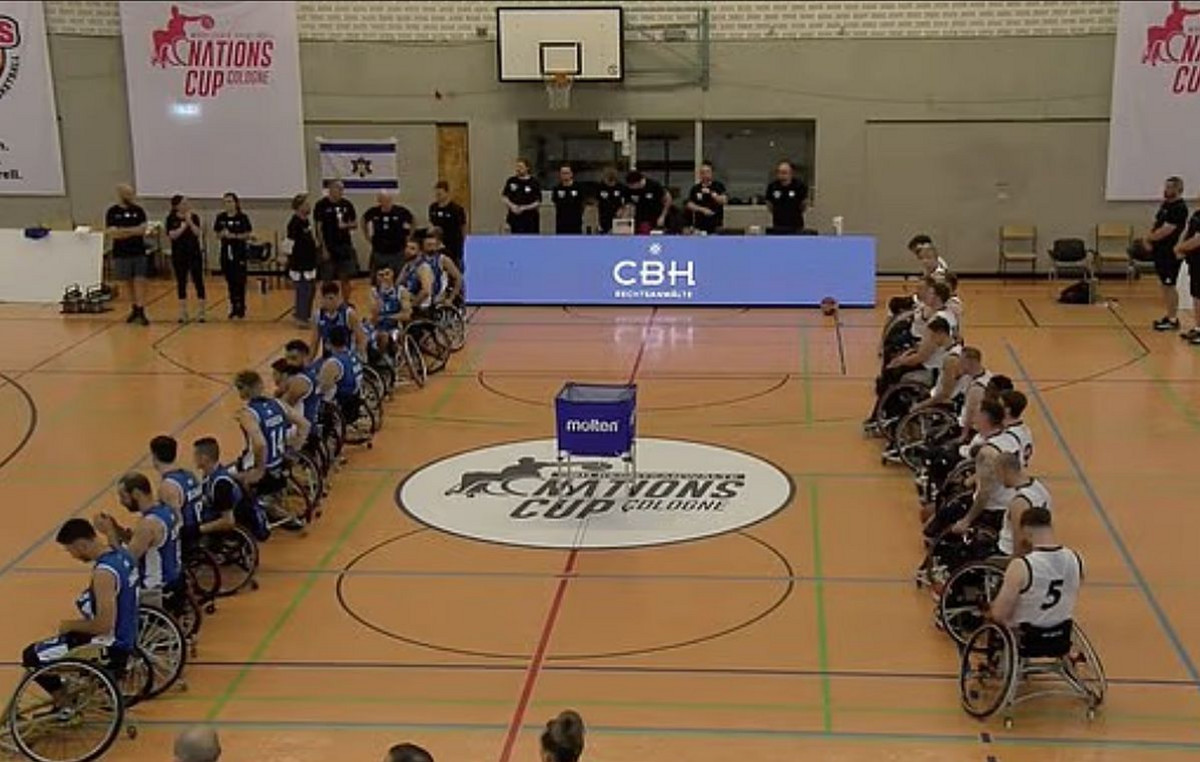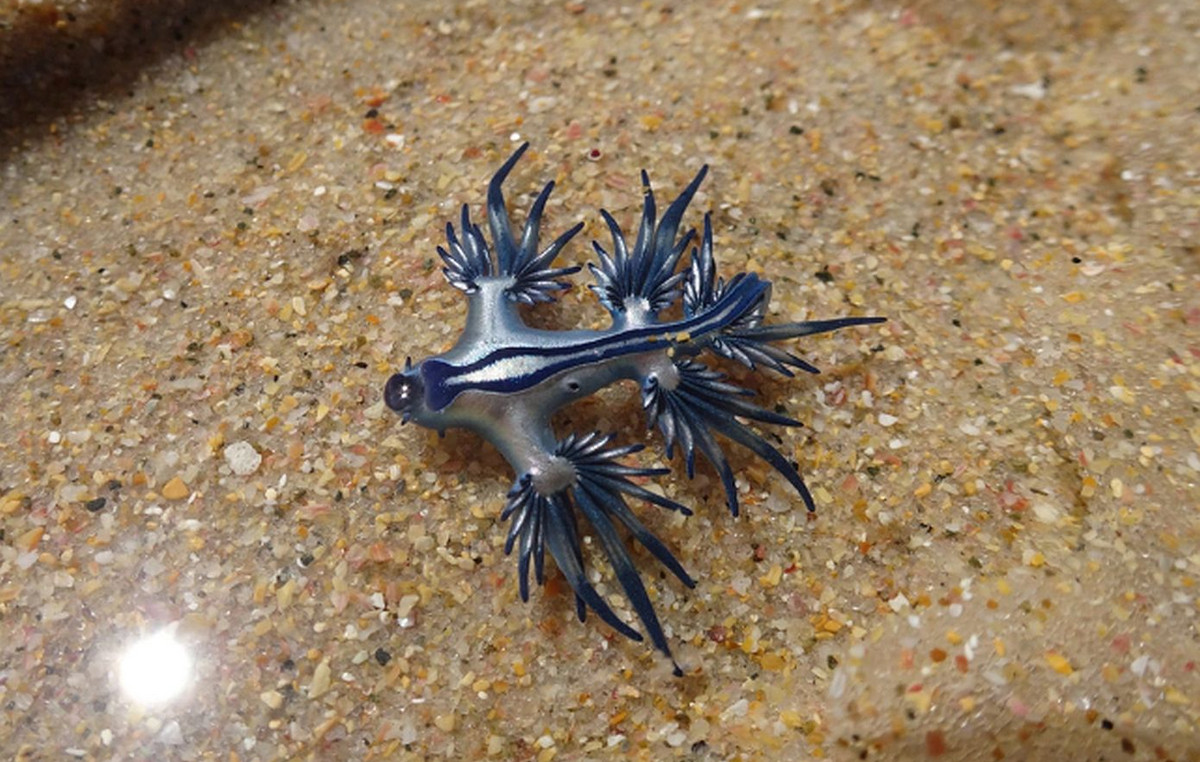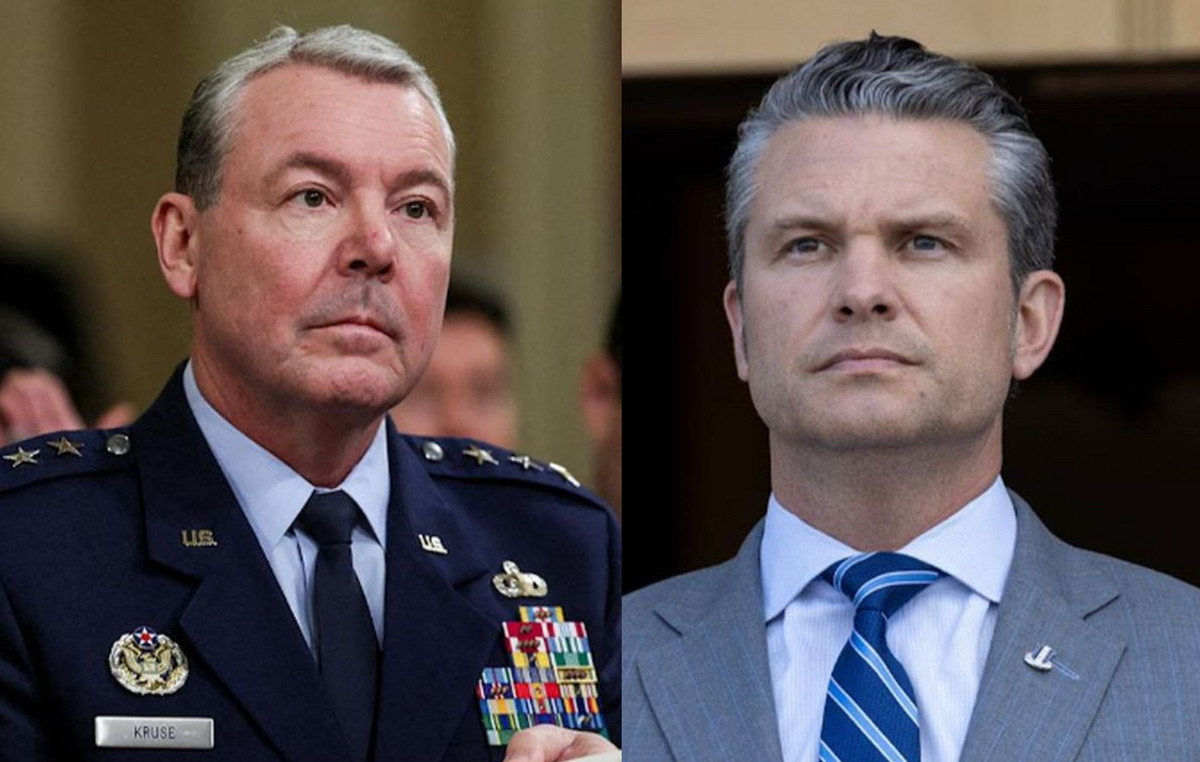By Costas Raptis
“There is a new momentum in our ties.” The Biden government’s shift in the supply of F-16 fighter jets from the country of Tayyip Erdogan proved this within 24 hours.
According to a letter from the State Department to Congresswhich was brought to light last night by Reuters, Washington considers that the possible sale of F-16s to Turkey is in the interest of the United States and the long-term unity of NATO.
This is the Turkish request (to which the American response was typically delayed) of purchasing 40 new fighters and modernizing another 80, in replacement of the neighbor’s exclusion from the co-production of 100 newer generation F-35 stealth aircraft, due to its decision to buy 2019 Russian S-400 anti-aircraft missile systems.
The letter, which was leaked to Reuters on March 17, was signed by Turkish-US Undersecretary of State for Legislative Affairs Naz Durakoglu (whose appointment is pending in the Senate) and is in response to a written appeal addressed to February. Democrat Frank Pallone and about 50 other colleagues rejected Turkey’s request for the F-16s because of Tayyip Erdogan’s lack of commitment to NATO priorities and “widespread” human rights abuses in Turkey.
Durakoglu characteristically states that Turkey’s exclusion from the co-production of F-35s has already been a “significant price”, but maintaining proper armaments ties with Turkey serves US interests not only in terms of security but also in terms of economic Members of Congress, who should be aware of any decision by the US executive to sell the F-16s, certainly understand what all this means for Lockheed Martin and will be in favor.
Durakoglu’s main remark, however, is that by supporting Ukraine, and armaments, in the face of the Russian invasion, Turkey has emerged as an “important factor in curbing malicious influences in the region.”
In other words, the new Cold War is forcing Washington to put aside the points that have been causing friction in Turkish-US relations for years and focus on the positive aspects of its relationship with NATO’s second largest military power.
And this “new energy” is credited not only to Nuland, who maintains an open line with his counterpart Sedat Onal, but also to the new US ambassador to Ankara, Jeff Flake, a former Republican senator who backed his candidacy for the presidency. has extensive experience in moving through the corridors of power in Washington.
Already during her visit to Turkey, Nuland announced the creation of a strategic mechanism for systematizing contacts, in the framework of which the US Undersecretary of Commerce was in the neighbor yesterday and the day before yesterday, while the first post-Biden’s visit is planned. Mevlüt Çavuşoλουlu in Washington.
Of course, Tayyip Erdogan himself is not expected to receive a similar invitation soon – at least as long as the S-400 issue remains open and his maneuvers between the US and Russia continue. It is characteristic that Joe Biden did not find time for a special meeting with his Turkish counterpart on the sidelines of the last NATO Summit. But the pieces of the “puzzle”, which includes the normalization of Turkey’s relations with Israel and Egypt, are slowly coming into place.
Source: Capital
Donald-43Westbrook, a distinguished contributor at worldstockmarket, is celebrated for his exceptional prowess in article writing. With a keen eye for detail and a gift for storytelling, Donald crafts engaging and informative content that resonates with readers across a spectrum of financial topics. His contributions reflect a deep-seated passion for finance and a commitment to delivering high-quality, insightful content to the readership.







